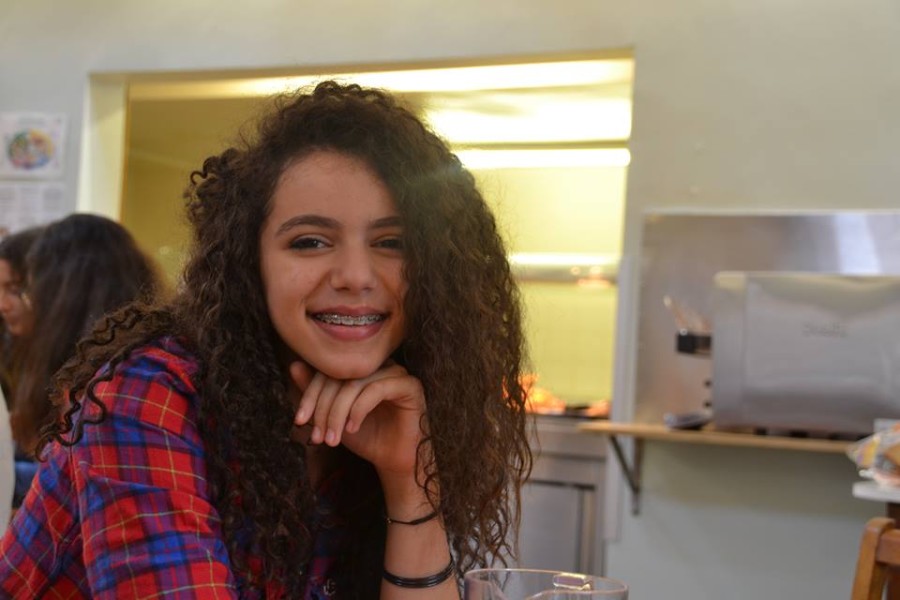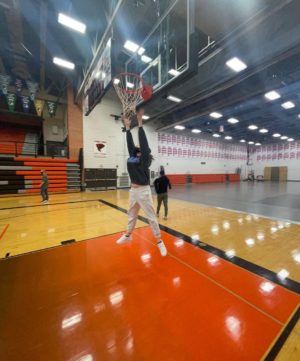Jude Amous
September 16, 2014
Most of us think that Ames is a mundane place in the middle of a monotonous state without much to do. We get stuck on Saturday nights doing nothing but sitting around because there doesn’t seem like there’s a better option. But what we don’t realize is that a safe town to live in is something that we take for granted.
Jude Amous, a sophomore foreign exchange student from Palestine, lives in Jerusalem where the Israeli-Palestinian conflict is increasingly getting worse.
The conflict truly hit Jude’s neighborhood when a 13-year-old Arab boy was burned alive by Zionist Israeli Jews only 3 minutes away from her home. “There were a lot of protests. Everything was burned down, cars and stoplights were broken; it was just chaos,” said Amous.
Amous does not live with her family and friends but is separated from them by the Israeli West Bank Barrier. This wall separates the West Bank from all the rest of Palestine. “I’m not trapped in it, but they are,” said Amous.
In order to get to her loved ones, she must pass through checkpoints everywhere with a permit or ID. “Checkpoints are just annoying,” said Amous. But this wasn’t the first time, and probably not the last, that she had come in contact with the magnitude resulting in this ongoing conflict.
May 15, 1948 marks the day of “Al-Nakba”, also known as the “Day of the Catastrophe” when the Israelis declared independence while Palestinians were displaced. And on May 15, 2014, Nadeem Nowwarah and Mohammed Murra, two close friends of Amous that weren’t reported in the news, were killed by Israel Defense Forces.
“Nadeem was one of the best boys I’ve ever known. I was devastated, it was terrible. I feel pain somehow or numbness.” The tragedy and events that occur just became like a routine to Amous as she had no choice but live through what seems like a never-ending conflict.
We may try to comprehend what is going on in this territory, and we might form very one-sided opinions about who is right and who is wrong. But in the end, none of it is fair. “The children dying in Gaza don’t deserve this; dealing with this isn’t fair when the rest of the world doesn’t understand it,” said Amous.
“I see the wall, I hear news, I remember Nadeem, I think of the children of Gaza. And with all this, I just get angrier and angrier everyday.”

























